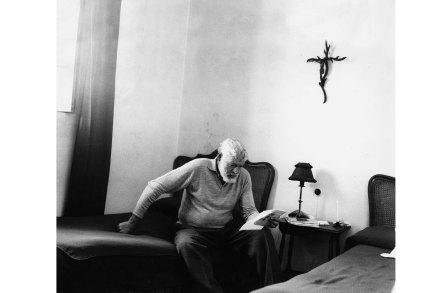Quietly devastating: Nowhere Special reviewed
Off the Rails is one of those gentle ensemble comedies that we do so well (Calendar Girls, The Best Exotic Marigold Hotel, etc.), except when we don’t, and it all falls rather flat, and feels like the B-side of a Richard Curtis film. This comes in, alas, at the flatter, B-side end of the spectrum, even if its heart is in the right place and all the other things you say when a film doesn’t deserve a kicking. But you can’t really say it’s any good. Plot-wise the deal is: to comply with the dying wish of their best friend, Liz (Sally Phillips), Kate (Jenny Seagrove) and Cassie (Kelly Preston) must





















